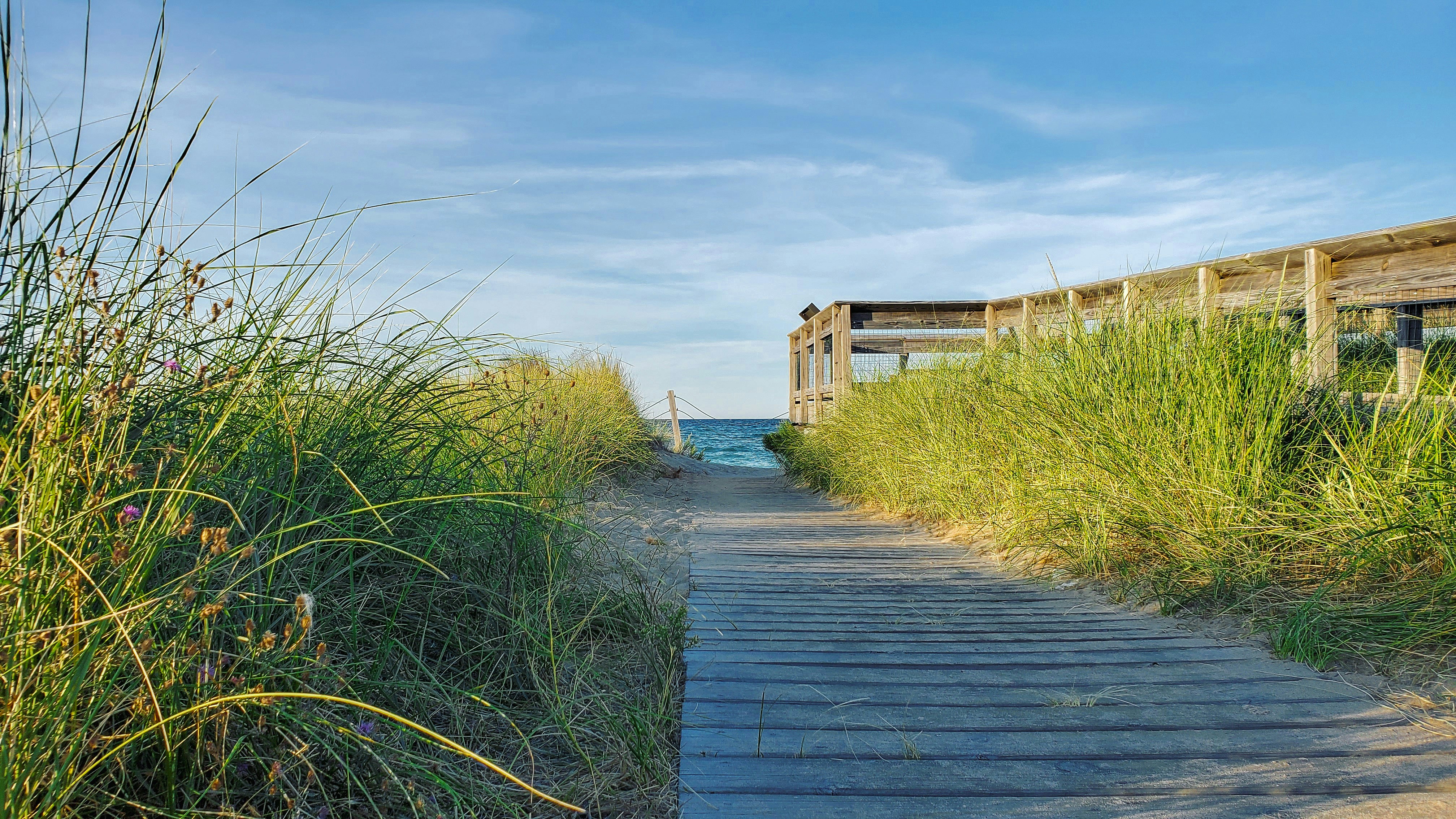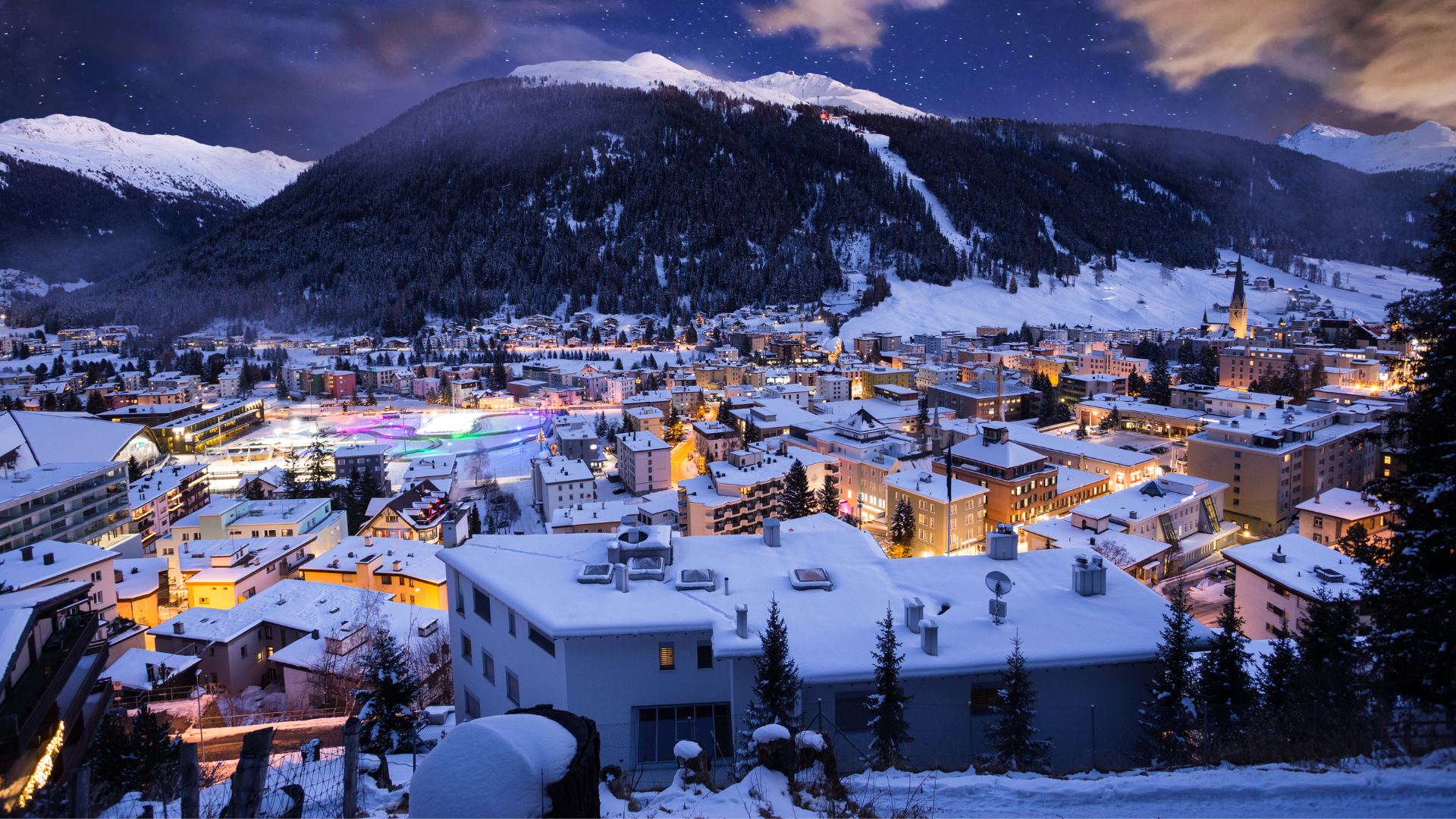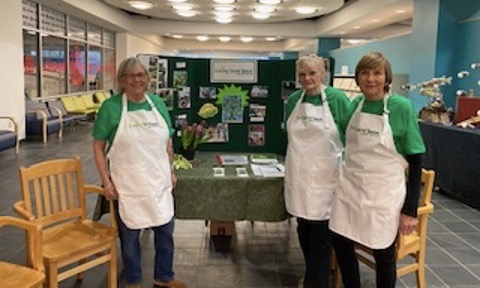
This resource is also available in French. Click here to access the French version.
Over two days, Community Climate Transition’s second Communities Taking Climate Action gathering convened over 220 changemakers from across so-called Canada. Guided by emcees Abhay Singh Sachal and Layla Belmahi, the gathering bridged wisdoms, sectors, and geographies to craft a learning journey grounded in care, co-creation, courageous leadership, and collectivizing the work of climate action.
A mix of in-person and virtual activities brought the learning agenda to life from inspiring opening words by Elder Mike Mitchell and hands-on workshops and masterclasses to eight watch parties and post-event meetups that continued gathering conversations at the local level.
A standout takeaway from the event was a collective poem written during a workshop on the role of arts in climate action. The poem ties together various threads of event learnings, offering an opportune container for this reflection piece and a chance to collectivize my reflections.
As you will read below, I have grouped key reflections and takeaways together using specific standout lines of the collective poem titled “Our Climate Future.” The full text of the poem can be found at the bottom of this piece.
1. Changes matter when relevance takes power
Several speakers reminded us that as our climate work adopts more equitable practices and seeks to engage people where they are, the efficacy of these efforts comes down to making this work responsive to people’s lived experiences, priorities, and environments. As Omar Pérez Figueroa suggested, context, connections, and community voices are everything in climate work if it is to be successful and sustainable at the local level.
Calgary Councillor Courtney Walcott reminded us that a big misconception with the notion of "making climate action relevant” is that it involves needing to develop new strategies and project, failing to recognize the multi-solving nature of much of our ongoing activities. Instead, he argued what we often lack is strong relationships that allow us to understand where people are starting from to frame our work in ways that touch their hearts and minds. Karishma Porwal offered a great example of this during her masterclass where she spoke to a campaign to halt the construction of an Amazon Distribution Centre. She witnessed a diversity of messages being used to mobilize people around a campaign but for very different reasons.
Several speakers took this notion one step further by expanding our climate action sandbox, reminding us that being responsive is not only about how we talk about the work but also the roles we play in it. For example, Michelle Brass challenged traditional depictions of climate work and the idea that all roles are on the front lines. She suggested that making climate action relevant and accessible must also mean inviting in individual skill sets often overlooked in our movements and spaces (e.g., artists, medics, caretakers, and cooks).
2. Harmony with beings and nature's embrace
In the plenary panel on leading with care, speakers grounded our exploration of courageous climate leadership in a multi-faceted conception of care rooted in relationships with each other and the land.
- Veronica Nhio-son asserted that courageous leadership is not always about risk-taking, but rather can also be about being in deep relationships with others and having the courage to leave no one behind.
- Dr. Melissa Lem’s provocative call to “prescribe nature” implored all of us to consider our relationships beyond each other and with the land. She suggested that access to nature is a tool for healing, mobilizing for climate action, and ushering in more care-centered approaches.
- Michelle Brass reminded us that nature and the land have so much to teach us. Uplifting Indigenous perspectives on climate change, she suggested that much of the just climate future we are working towards is about a life of balance and reciprocity that starts by living those values in relationship to the earth and all of creation.
Panelists spoke in unison agreeing that if climate action was a symphony, the planet would be the conductor and all we must do is listen to play our part.
3. Reciprocity, regeneration, a dance so sweet
Various gathering sessions stressed that we need to exist and collaborate differently to achieve our shared climate goals. A critical throughline was that we need to be more relational in our approaches and embrace the art of negotiating relations as well as working through them.
- In discussing art as a means of doing this, Sandra Lamouche stressed that storytelling and art can help shape and articulate our values – and bring these into our work and decision-making. For her, hoop dancing is a symbol of creation and unity and a means to seek a good life in line with her values.
- Anthony Truong Swan, in his role at Story Money Impact, brought forth the example of Klabona Keepers – a documentary about a group of Indigenous grandmothers who had been threatened by resource extraction companies when defending sacred headwaters. The creation of the film challenged non-Indigenous filmmakers to think about how to make it in a way that was not extractive while its presentation mobilized community members around a local campaign and helped pass the baton of this work from the Elders to younger generations.
- In their conversation on community data, Jean-Noé Landry and Luke Mellor asked us to approach data collection from a lens of reciprocity and think about the role of a data caretaker. Too often we collect data and build dashboards without a strategy to honour those providing their data and to leverage it for mutual benefit. They reminded us that collecting data without understanding its purpose is both risky and often falls short of key community accountabilities that all ethical data holders should be held to.
4. Peoples united, working together, life's intricate depth
In a keynote by Dr. Jacob Torfing, he pieced together a mosaic of place-based examples of co-creation from the GOGREEN Project. He suggested that when surrounded by institutions built for simpler challenges than the wicked ones we have today, co-creation is imperative. Jacob reminded us that co-creation is both collaboration and innovation, where conflict and difference can be productive fuel for learning and innovation. Moving forward, he implored us as courageous leaders to find ways to move collectively, even when we are surrounded by people we don’t 100% align with.
A related theme emerged around the need to challenge systemic mental models created by systems like capitalism and colonization to embrace the fundamentals of co-creation. Through an example shared about the resilience work of Preparing Our Home, this meant centering Indigenous community preparedness over the individual, bringing influential groups together as well as youth and Elders to restore connections and engage with Indigenous science and land-based learning.
In-person meetups and watch parties throughout the gathering offered Tamarack members and learners the opportunity to practice co-creation in real-time. Attendees left these spaces with many similar conclusions to those shared by Ana Gonzalez Guerrero, Pascale Félizat, and Mitchell Beer during their reflection panel where they emphasized the need to map and amplify what’s already being done while creating trust-filled spaces that allow folks to co-exist and collaborate better.
5. A future where harmony isn't just portrayed
In the plenary panel on Climate Adaptation, Lilia Yumagulova shared a call to action by reminding us that “climate action must not stay in our heads; we must do something with our hands.” This illuminated the opportunity that all participants have leaving the gathering space – the work of creating just climate futures is not one of accident or abstract but one of creation that must be felt with all our senses.
In the same way that Olivia Onuk opened Day 2 by getting participants to describe what our climate futures taste, feel, smell, sound, and look like, we must not forget this is embodied work that is both imperfect and messy, and yet very real. And so as “doers” of this movement in various capacities, we must answer the collective call to build our shared climate futures.
While no single session could answer the question “what might help us make this harmonious state?”, the gathering speakers offered many starting points.
- Ritika Sharma Kurup and Danya Pastuszek reminded us that facilitation is a strategy to get results, through relationships. In this context, our climate futures will be created by intentionally shaping the ways we come together and host each other, holding space for conflict and debate, and channelling individual passions and assets towards collective goals.
- Julius Lindsay and Courtney Walcott surfaced the limitations of climate policy without community relationships suggesting that “creating policy alone is largely about how we can create a new world without changing our actions.” Together they reminded us that the “doing” of climate policy and plans is often best realized through relationships with communities who are well-positioned to take on significant climate work and help make this work more accountable.
What’s to come in 2024?
The Community Climate Transitions team exited this event with many key themes and threads that we are excited to continue to weave into our next year of work with our members and learners. We are also reminded of the power of our network and reinvigorated in our commitment to create spaces to seed new ways work working and foster courageous climate collaboration and leadership in the process.
To learn more about Community Climate Transitions and how to join our network, visit www.tamarackcommunity.ca/communityclimatetransitions or email laura@tamarackcommunity.ca (English/French), kieran@tamarackcommunity.ca (English) or astrid@tamarackcommunity.ca (French).
And for those interested – the 2024 Community Climate Transitions Cohort application period is open until December 15, 2023!
Collective Poem: Our Climate Future
In a world where diversity blooms like a flower,
Changes matter when relevance takes power.
Close my eyes in winter's warm embrace,
Dreaming of the snows from my youthful grace.
Climate takes the central stage,
Freedom from fear, turning the page.
Harmony with beings and nature's embrace,
Seeing through my daughter's eyes, a restoring grace.
Reciprocity, regeneration, a dance so sweet,
Walkable communities, where all needs meet.
Abundance for life, clean air we breathe,
Inhabitants of Earth caring, a promise we bequeath.
A reenchanted world, both free and bright,
Walking together in silence, guided by hope's light.
Honouring life as sacred, in every breath,
Peoples united, working together, life's intricate depth.
Green solutions sprout for a breathable morn,
Justice, horses, forces, sunshine adorn.
Love weaves through like native plants in bloom,
A vision of a positive climate future, not just a room.
And as we wake, the dream shall fade,
A future where harmony isn't just portrayed.
Justice for all relations, a truth we find,
In this positive climate future, love will bind.
*Special thanks to the workshop participants for offering their ideas and wisdom, and Tamarack’s very own Ruté Ojigbo for animating these ideas.





